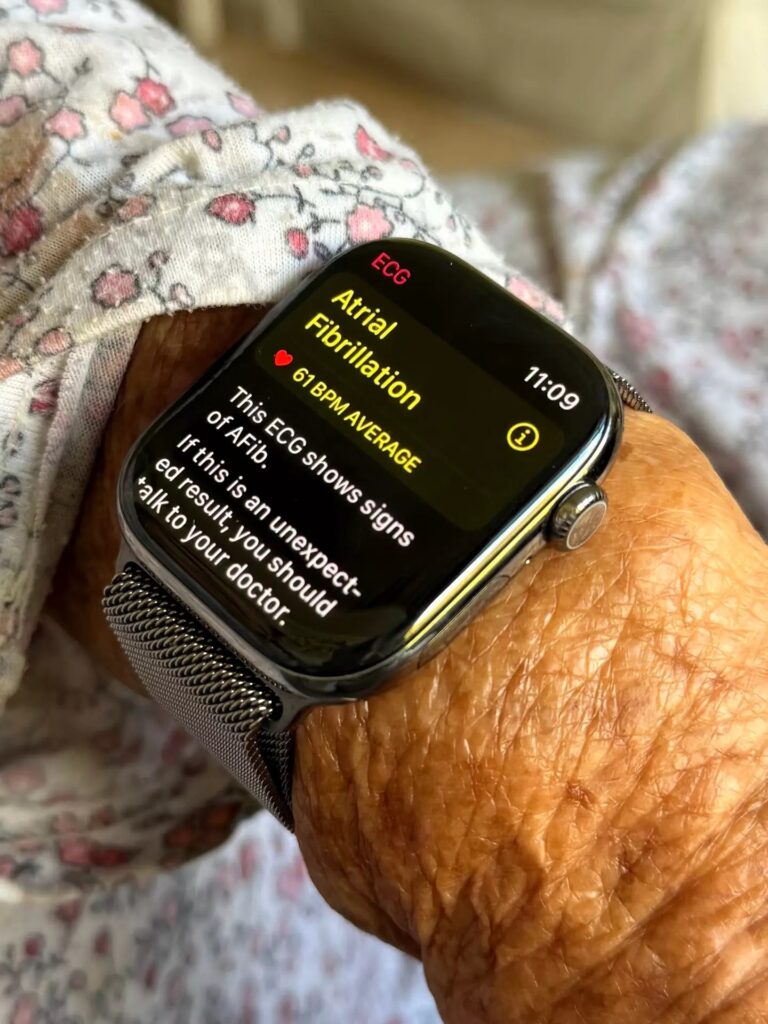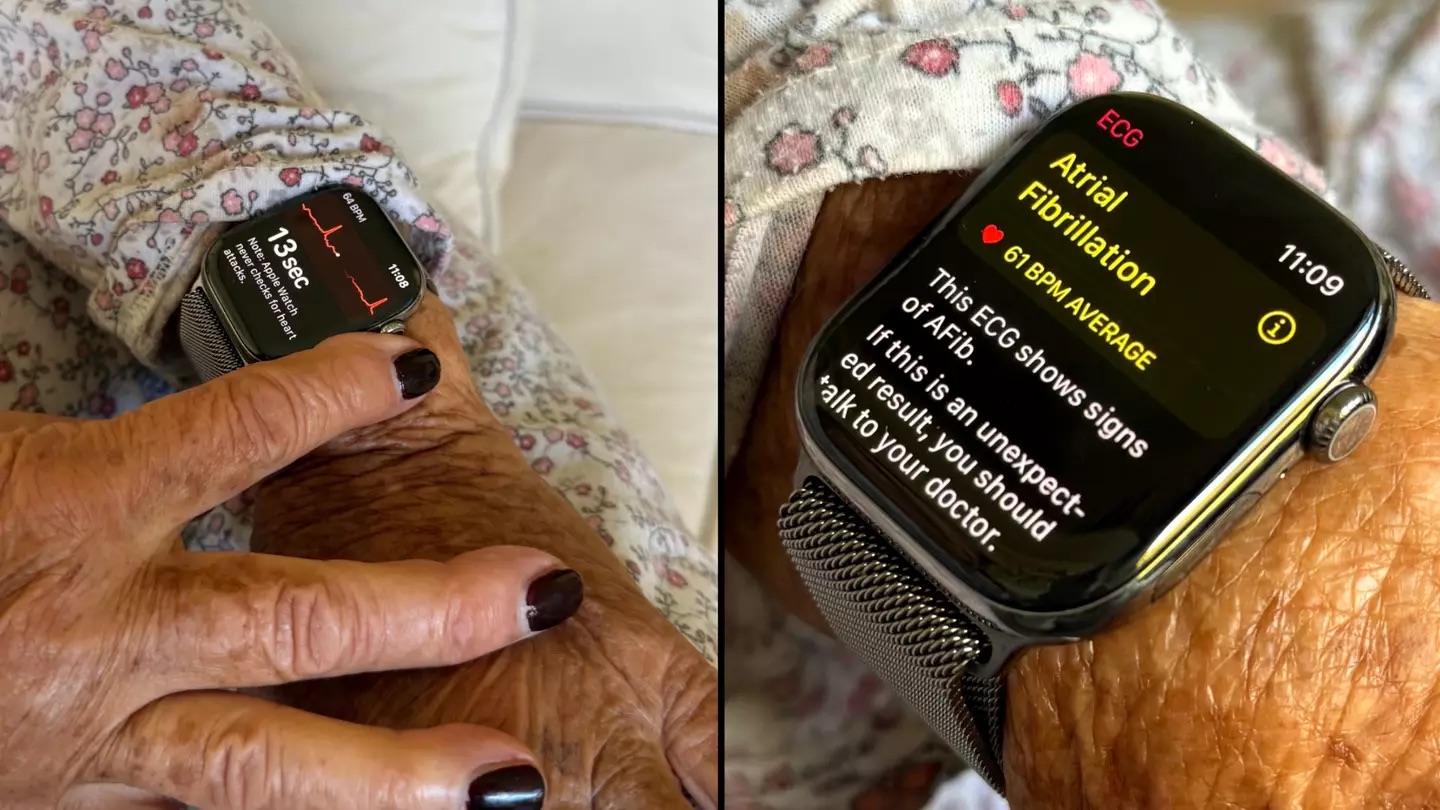A man was stunned when his Apple Watch detected a heart issue in his grandmother before any symptoms had appeared. With its latest features, the Apple Watch has captivated social media by demonstrating its ability to identify health problems early, often before they manifest. The Vitals app, introduced with watchOS 11 in September, has become a game-changer, offering users a deeper insight into their health by monitoring key metrics.

According to the App Store, the Vitals app tracks blood oxygen levels, heart rate, respiratory rate, sleep duration, and wrist temperature. It continues to monitor these stats even while you sleep, alerting you to any irregularities—something one Reddit user experienced when the watch helped identify a health issue. The app is available on the Apple Watch Series 6 and newer models, and more people are recognizing its value.
Other health features on the Apple Watch are equally impressive. One user on X shared how the ECG feature on his Apple Watch Series 10 detected his grandmother’s atrial fibrillation (AF), leading to immediate medical care. “She’s now at the hospital receiving the treatment she needs,” he posted, amazed by the watch’s capabilities.

Atrial fibrillation is a common condition where the upper chambers of the heart beat irregularly, often too fast. Several apps on the Apple Watch can monitor AF by tracking heart rate and maintaining a history log. The heart rate app alerts users to irregular rhythms, though it doesn’t detect heart attacks or strokes. These irregularities could signal AF.
The ECG app creates an electrocardiogram waveform, helping to determine if a user has AF or another condition by analyzing the heart’s electrical impulses. Additionally, the ‘AFib History’ feature on the iPhone tracks how often AF signs appear, detailing patterns over the past week and highlighting when irregularities occur most frequently.
While the Apple Watch offers valuable heart health insights, Apple reminds users: “The Apple Watch can’t detect a heart attack or stroke. If you experience chest pain, pressure, or tightness, call emergency services immediately.”
